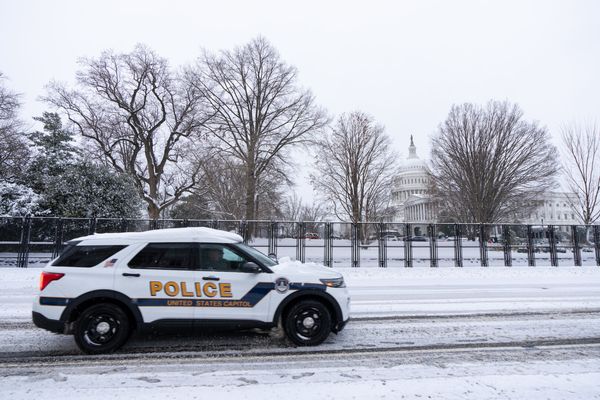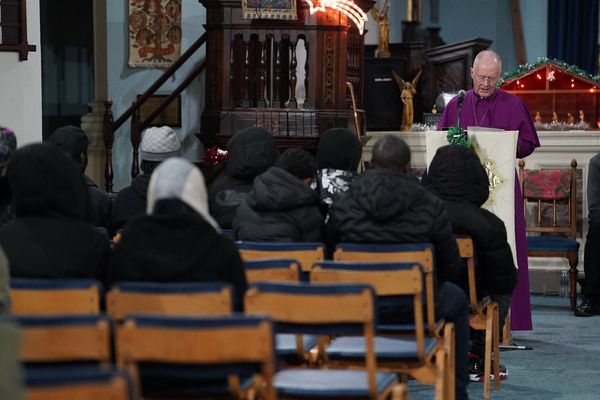
Tokyo (AFP) - A virtual Group of Seven summit on Friday will call on countries to not send military aid to Russia, Japan's prime minister said, ahead of the meeting marking one year since the invasion of Ukraine.
Fumio Kishida did not single out any nation, though Russia has used Iranian drones in Ukraine, and Washington has recently warned that Beijing is weighing supplying Moscow's war effort.
China has denied those claims.
"In view of the military support for Russia by third countries that has been pointed out, the G7 intends to call for such support to cease," Kishida told reporters, hours before Japan chairs the online summit.
Kishida said the talks later Friday would see the group of wealthy nations discuss new sanctions on Moscow.
"What's important in today's meeting is for the G7 to remain united.In order to stop Russia's invasion, it is also important to reaffirm that we will continue with and strengthen our sanctions against Russia and support for Ukraine," he added.
The prime minister declined to be drawn on whether and when he might visit Kyiv.
He is the only G7 leader who has not yet travelled to the Ukrainian capital, with the Japanese government citing hurdles including security and keeping plans secret.
"We are continuing our reviews by taking into consideration various factors such as securing safety and maintaining secrecy.Nothing concrete has been decided, such as timing," Kishida said.
Ukrainian President Volodymyr Zelensky will participate in Friday's virtual summit and Japan is reportedly considering inviting him to join a May meeting in Hiroshima.
"As far as deciding which countries and organisations to invite for the G7 Hiroshima summit in May, we will make the decision as the G7 chair after consultations with relevant countries," Kishida said.
Japan this week announced it would offer Ukraine fresh financial support worth $5.5 billion.
As well as joining Western powers in imposing sanctions on Moscow, the nation has already provided Ukraine with financial support worth $600 million along with hundreds of millions of dollars' worth of emergency humanitarian assistance.
Japan has also taken the rare steps of sending defensive equipment and offering refuge to those fleeing the conflict.
It has not offered military support, however, because the nation's post-war constitution limits its military capacity to ostensibly defensive measures.







